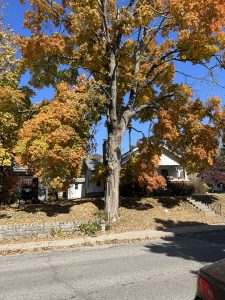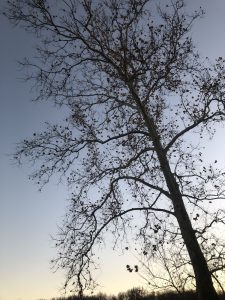

Sofia Zneimer, Zneimer & Zneimer, PC
In a recent decision, the Appellate Court of Illinois distinguished immunity from liability. According to the facts as stated in Williams v. Village of Berkeley, the plaintiff filed a premises liability lawsuit against the Village of Berkeley following an incident in which a large branch from a Village-owned tree outside his home fell on him, injuring him and killing one of his dogs. Williams argued in his lawsuit that the Village had negligently failed to maintain the tree and allowed it to become and remain in a dangerous condition. Additionally, Williams alleged that the Village’s conduct was willful and wanton. He testified that in July 2018, a large branch fell from the tree, and he reported this to the police. A few days later a worker from the Village’s public works department came to remove the fallen branch. During the removal, the worker remarked to Williams, “Oh, yeah, this thing is rotten. It has to come down. It has to be cut down.” However, the village never came to cut the tree. Over the next year and a half, Williams asked various unnamed public works employees about the status of the tree removal on four or five occasions and each time the village informed me that they know about the tree and were “going to get to it” but was running behind schedule. In January 2020, when Williams walking his two dogs on the sidewalk outside his house, a large branch fell and injured him and killed one of the dogs.
The Village filed a motion for summary judgment claiming they are immune from suit. The court initially denied the motion but then reconsidered it and decided that the Village was immune from suit. The appellate court reversed the trial court’s decision and found that the trial court erred in concluding the Village was entitled to immunity. The court noted that immunity applies only if an employee with policy-making authority consciously decided not to address the dangerous condition and the court found no evidence that the Village’s superintendent was aware of the tree’s dangerous condition (rot). On the contrary, the superintendent testified that he believed that the tree was healthy in 2019. The court found that a lack of awareness of the defect means there was no conscious decision made regarding the defect, thus precluding immunity.
 Chicago Accident Lawyer Blog
Chicago Accident Lawyer Blog

